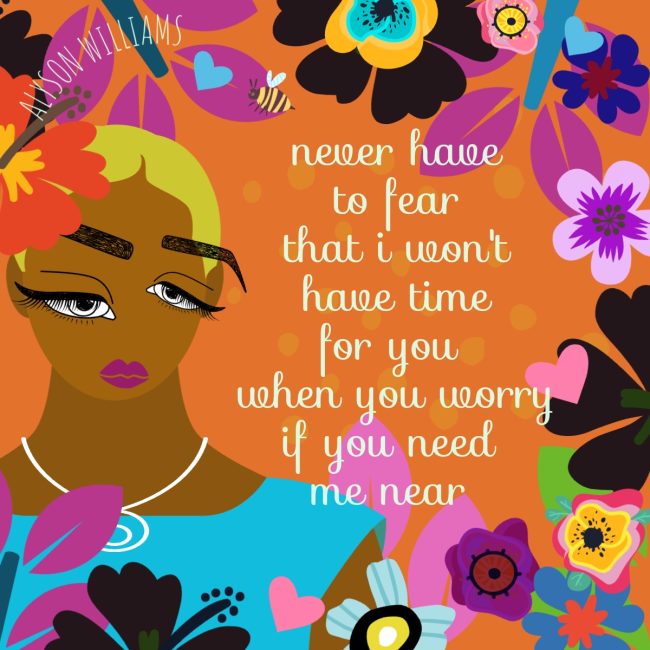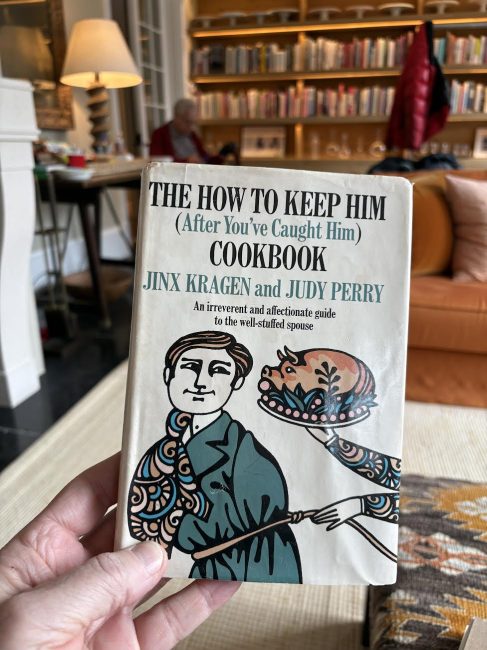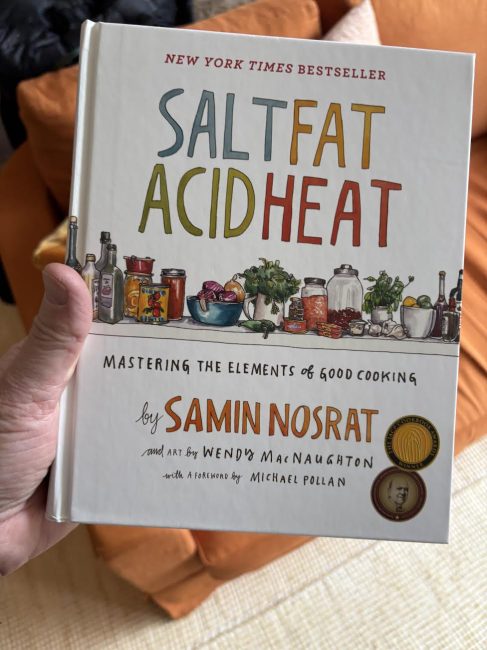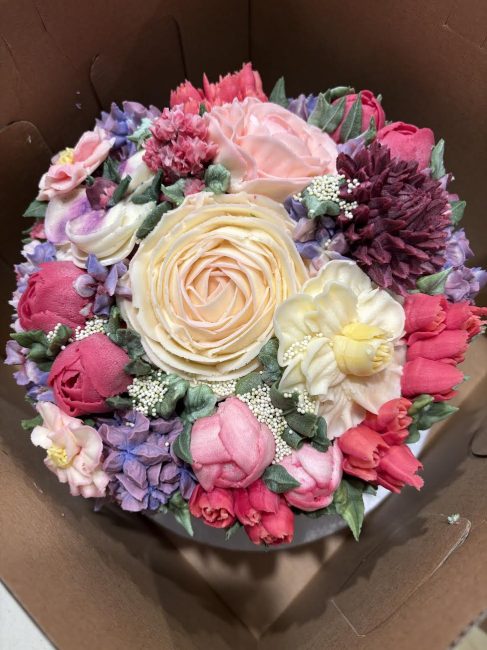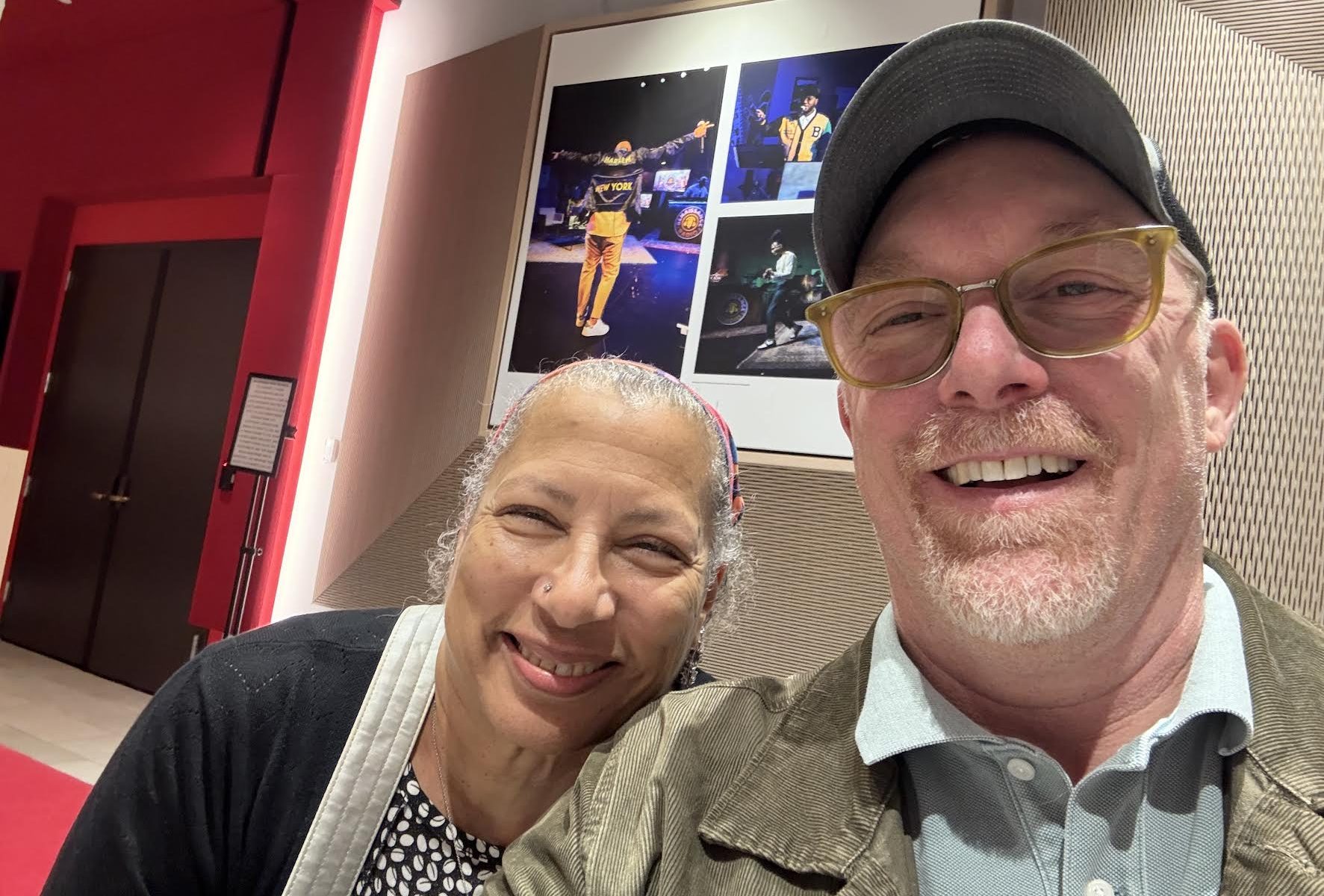Everyone loves a beautiful bathroom, right? Look at poet, artist, designer Apryl Miller‘s magical Eastside home in New York City!

It is truly an artist’s paradise with colorful patterned tiles, whimsical cabinetry, and breathtaking views. But even the most beautiful bathroom can’t magically fix the challenges of managing diabetes.
Managing diabetes is super important, especially when it comes to bathroom-related issues. Things like constipation, diarrhea, frequent urination, and urinary incontinence can affect daily life and personal dignity.

Sometimes, people don’t recognize the early signs of diabetes or pre-diabetes and go on living without making necessary lifestyle changes. This can lead to serious complications down the road. It’s essential to keep a close eye on blood sugar levels and follow medical advice to help prevent issues like bowel control problems.
I remember speaking with a woman who had unmanaged type 2 diabetes. She shared her struggle with not recognizing when to use the bathroom until it was too late. While determined to get her life back on track during college, she faced this personal challenge. High blood sugar can cause nerve damage in the digestive system, making it harder for her body to function correctly.

Plus, certain medications like Metformin, Ozempic, and Monjaro can have side effects that include diarrhea. It’s really important to take charge of diabetes management, not just for physical health, but also to maintain that sense of dignity and well-being. Let’s remember to be proactive and take steps toward better health! The first steps to overcoming the burden of diabetes management involve education, setting realistic goals, and building a support system.
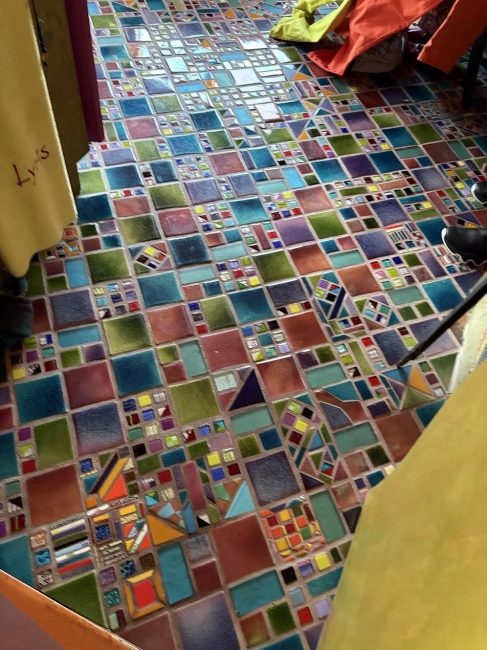
Don’t try to change everything at once. Focus on one or two manageable goals at a time, like adding more servings of vegetables or exercising for 15 minutes a day. It takes time to make lasting changes and see results. Celebrate your successes and don’t get discouraged by setbacks.
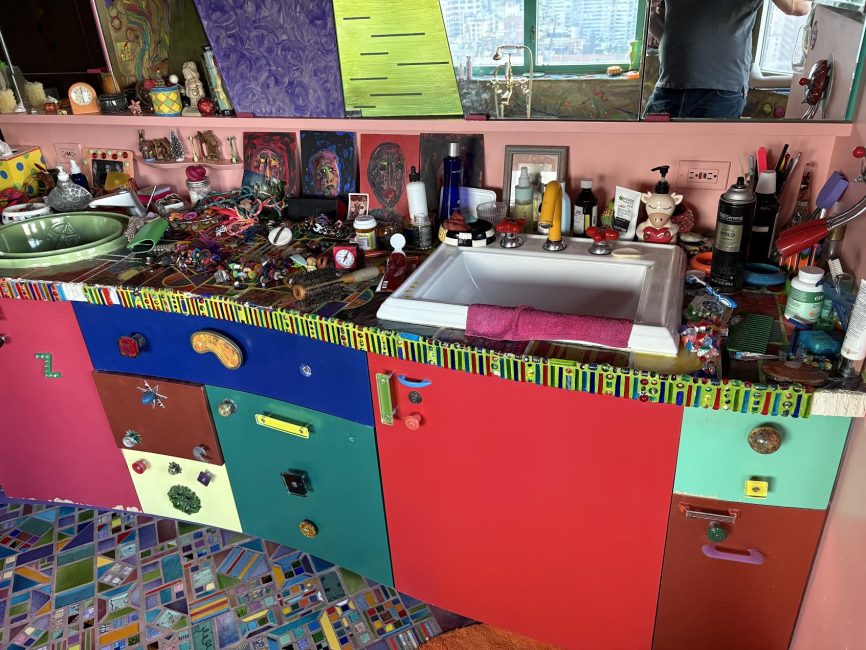
Focusing on understanding diabetes, making small, achievable lifestyle changes, and connecting with others can help ease the feeling of being overwhelmed.





